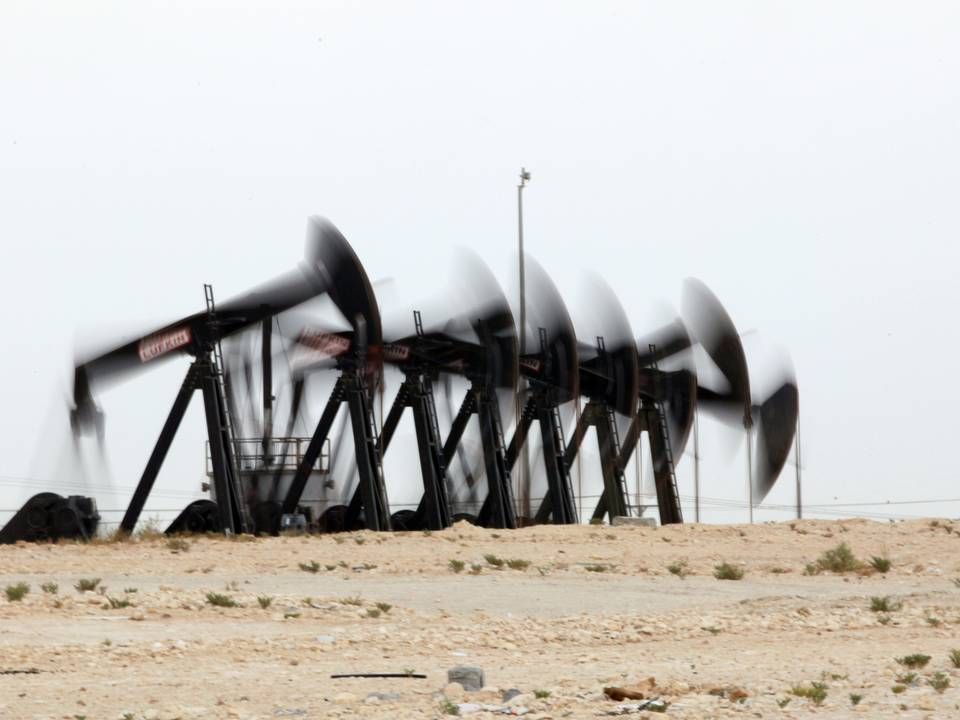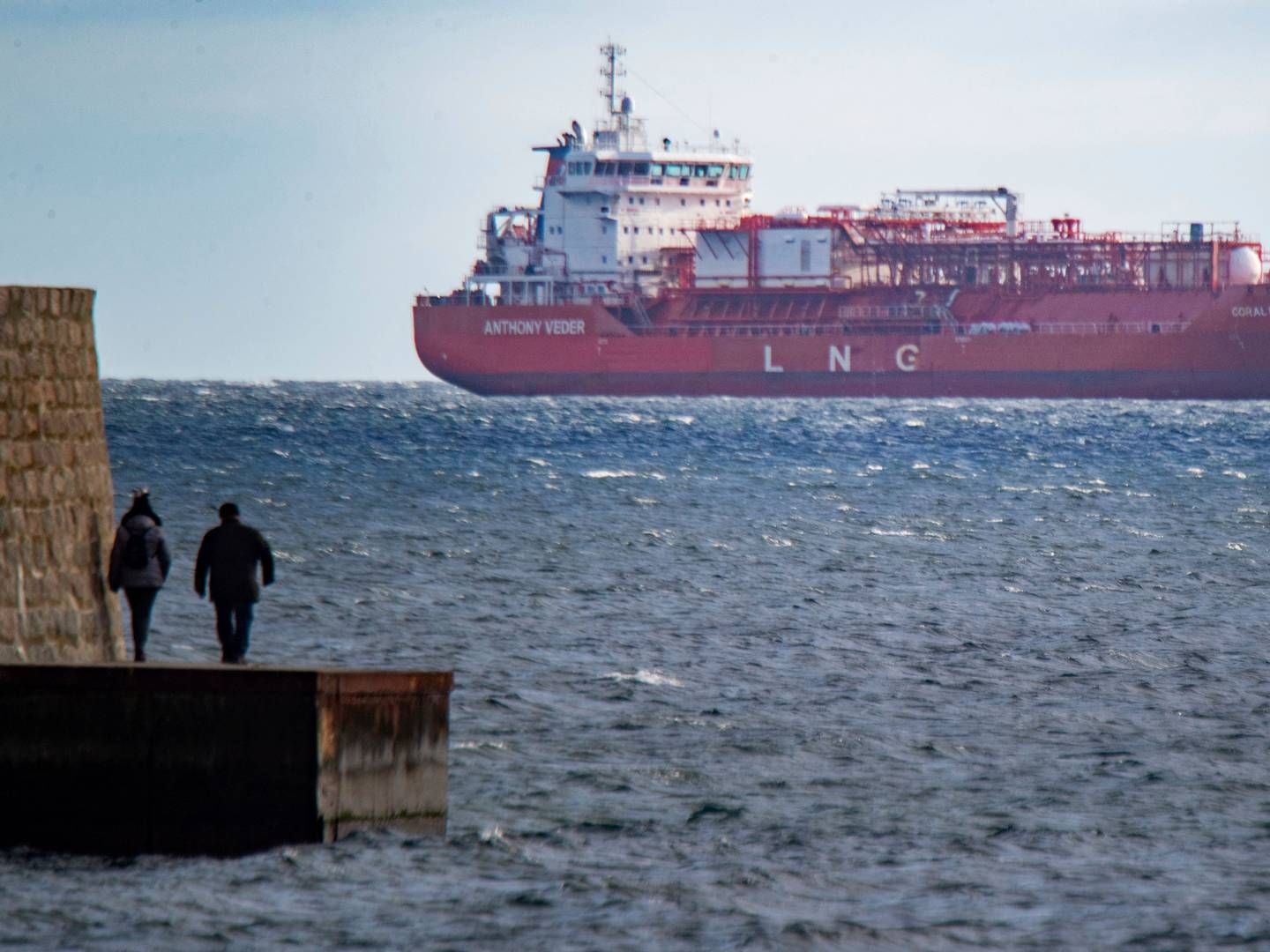Major banks: The low oil price will soon be history

Very few would dare to completely call off the oil crisis. The most recent development in the oil price, however, is making top economists air brighter predictions.
The oil price has increased by about 50 percent since January to USD 43.58 on Thursday morning for a barrel of North Sea Brent oil. If one is to believe these top economists, the upward curve will continue. And rock bottom has been hit, notes Nordea's senior analyst, Thina M. Saltvedt, in comments to ShippingWatch.
"We have seen rock bottom for the oil price. It was reached in January with a price below USD 30 per barrel and we will not go back down there again," she says.
Thina M. Saltvedt expects that the price for a barrel of Brent oil will inch up to USD 50 by the end of the year.
"The oil sector will still experience challenges ahead of 2017, but this is the beginning of the end of the oil crisis. When we reach the fourth quarter this year, we will really see the light at the end of the dark tunnel in which we've been," she notes.
Jens Nærvig Pedersen, senior analyst focusing on oil and commodities at Danske Bank, agrees with Saltvedt's assessment.
"We are slowly leaving headed out of the crisis. The oil market and the producers are adapting and finding a new balance, while the dollars is declining and demand is on the rise," he says.
"It's a fairly significant process that we're witnessing in terms of percentage-wise developments. The oil price has increased 50 percent in two months," he adds.
As such, Danske Bank projects that the price of a barrel of crude will reach USD 50 in 2016 and USD 55 in 2017.
Opec meeting spurs optimism
On Sunday this week the world's leading oil producing nations will meet with Russia in Qatar to discuss the future production and to try to slow down the output.
"In the short term, the market hopes that Opec and Qatar will reach some kind of agreement. There's a lot of talk about them freezing the output at January levels," says Jens Nærvig Pedersen, though he adds that this will not be enough to send major positive ripples through the oil market, as such a move would freeze the output at a very high level.
"There are extremely huge volumes of oil stockpiled that such a move would not have a major impact. But it helps spur a degree of optimism in the market. It's been a long time since the oil producing countries collaborated like this. It brings hope," adds Thina M. Saltvedt.
Declining production in the US
Meanwhile, drilling rigs, particularly in the US, have slowed down their pace and are churning out fewer barrels of oil per day, which helps boost the price of oil.
"The US oil production is sliding too fast now. This is evident from the current numbers. And most economic projections point to this development picking up speed," says Jens Nærvig Pedersen.
According to Danske Bank, the US production will decline continuously toward next year, when it will be reduced by 1.7 million barrels per day. The output peaked in April 2015 at 9.7 million barrels per day.
However, much of this development hinges on the dollars rate staying at its current level. The US Federal Reserve Bank has called off planned interest rate hikes, which has affected the dollar rate.
"The forecasts indicate that the production will continue to decline in the US, and that the dollar will not increase significantly. But there are forecasts, so they're subject to a degree of uncertainty," says Jens Nærvig Pedersen.
"We just have to follow the key figures closely in the time to come," he adds.
International oil traders call off the oil crisis
Related articles
International oil traders call off the oil crisis
For subscribers
Nordea: Doha deal will not change supply but increase price
For subscribers
Nordea lowers oil price estimates
For subscribers






















